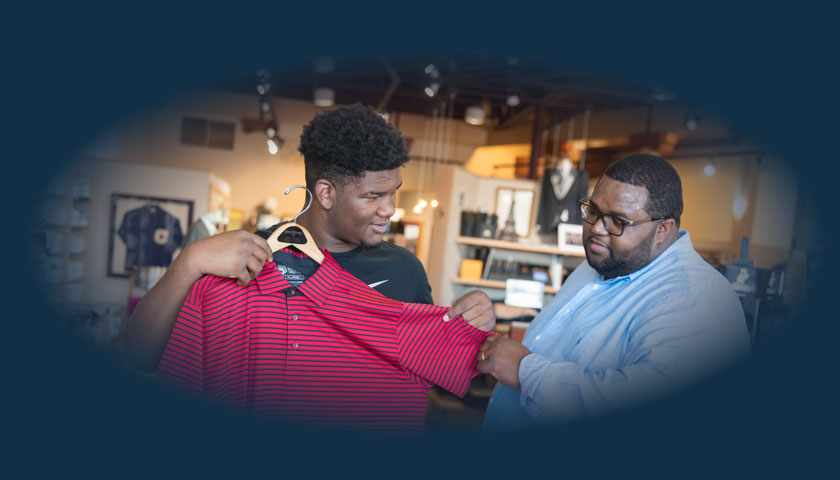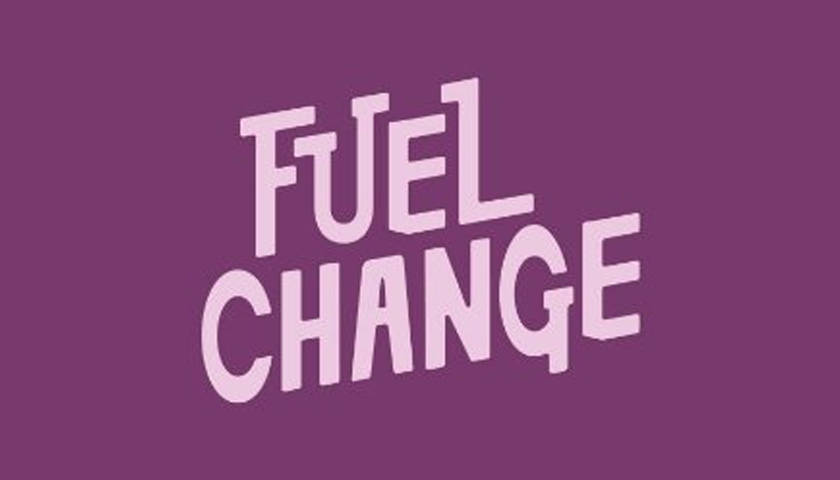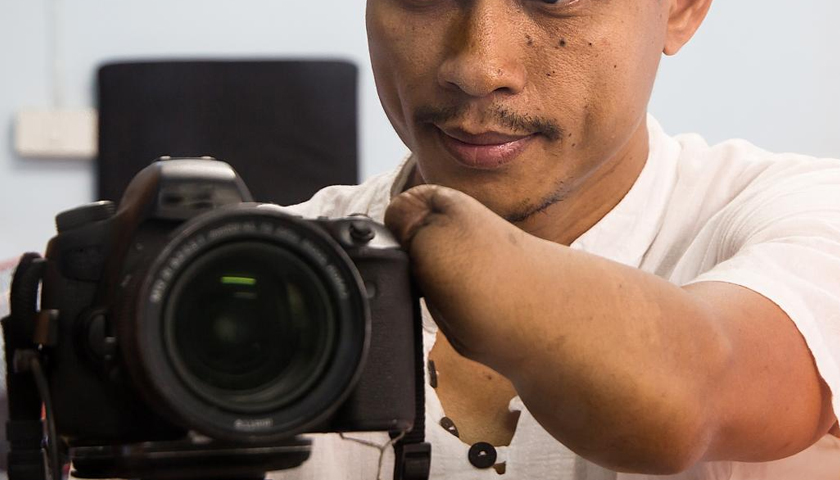MENTOR: The National Mentoring Partnership released a research-backed, youth-informed guide to unpack a timely and critical topic: Toxic masculinity. Conversations About Masculinity: How Mentors Can Support Young Men of Color was released during MBK Rising!, the Obama Foundation’s My Brother’s Keeper’s Alliance first national convening of the growing network of MBK Communities working to provide boys and young men of color safe and supportive communities and pathways to opportunity. The guide, a one-page summary, and other resources are now available at www.mentoring.org/masculinity.
Informed by research and practice, including the experiences of young men from JPMorgan Chase’s The Fellowship Initiative, Conversations About Masculinity provides practical tips to support the development of relationships that encourage young men to explore expressions of masculinity to serve healthy decision making, self-development, and care for others.
The guide’s key takeaway: Masculinity is not monolithic. Supporting young people in exploring gender and navigating difference is an essential part of preparing them for an increasingly complex, global, and interconnected society and workforce.
Our understanding of gender is evolving, and how we understand masculinity is evolving with it. With this guide, mentoring programs, practitioners, and mentors can reflect on their experiences, biases, and assumptions to more effectively leverage their strengths and the power of mentoring to support young people.
“Developing healthy masculinity is increasingly at the forefront of public discussions, and this guide gives adults and young people the tools to have the discussions that are influential in fostering a young person’s evolving identity,” said David Shapiro, CEO of MENTOR. “To unpack masculinity and encourage healthy expressions of what it means to be masculine, we must reflect on our own lived experience and biases. We are most influenced by the people we trust, and mentoring relationships are onramps for critical conversations. This guide is a research-backed roadmap.”
“One of the most important skills needed to thrive in a complex global workforce is the ability to work in diverse teams,” said Linda Rodriguez, Executive Director of Global Philanthropy at JPMorgan Chase. Through conversations with young people, we discovered that many are struggling with diversity and, specifically, how to navigate shifts in understanding identity, gender definitions, and expectations for young men during this time of change. We are grateful to MENTOR and Vibrant for their leadership creating this valuable resource to support mentors and young people as they explore these important issues.”
The guide draws on interviews, focus groups, and best practices in positive youth development. The guide is intended for mentors, whether matched in formal programs or mentoring informally as coaches, managers, or other adults in young people’s lives, and is also relevant for all adults engaging with young people. The content of this guide can be used to support conversations between mentors and youth of all backgrounds, including women and girls who are deeply impacted by masculinity and often serve as mentors and allies to boys and men. Peers, whether young people or mentors, can also leverage this content to engage in dialogue with each other.
Findings and takeaways from the guide:
- Mentoring Relationships Matter. One of the most useful and productive ways to help young men of color think about masculinity is through the mentor-mentee relationship. Young people understand the importance of modeling and advocate for receiving feedback about their choices.
- Reinforce and Support Positive Progress. When young people express themselves in ways that support their social and emotional health, contribute to the well-being of others, and support progress toward their goals, it is important that these behaviors are reinforced and supported, particularly with feedback acknowledging the positive impact of those choices. It is especially important to praise healthy behaviors that are non-typical expressions of masculinity, such as crying when emotional.
- Celebrate Defying Stereotypes. Mentors can reinforce behaviors rooted in service, empathy, help-seeking, compassion, and affirmation of others by validating young men when observing them do something important that defies male stereotypes.
- Lean on Community. The power of community matters, as masculinity is formed in community. Both individual relationships and group contexts can be leveraged to support healthy identity development for youth and adults.
This report was made possible with support from The Fellowship Initiative at JPMorgan Chase & Co, Action Research Associates, and Vibrant Emotional Health. For more information, visit www.mentoring.org/masculinity.



